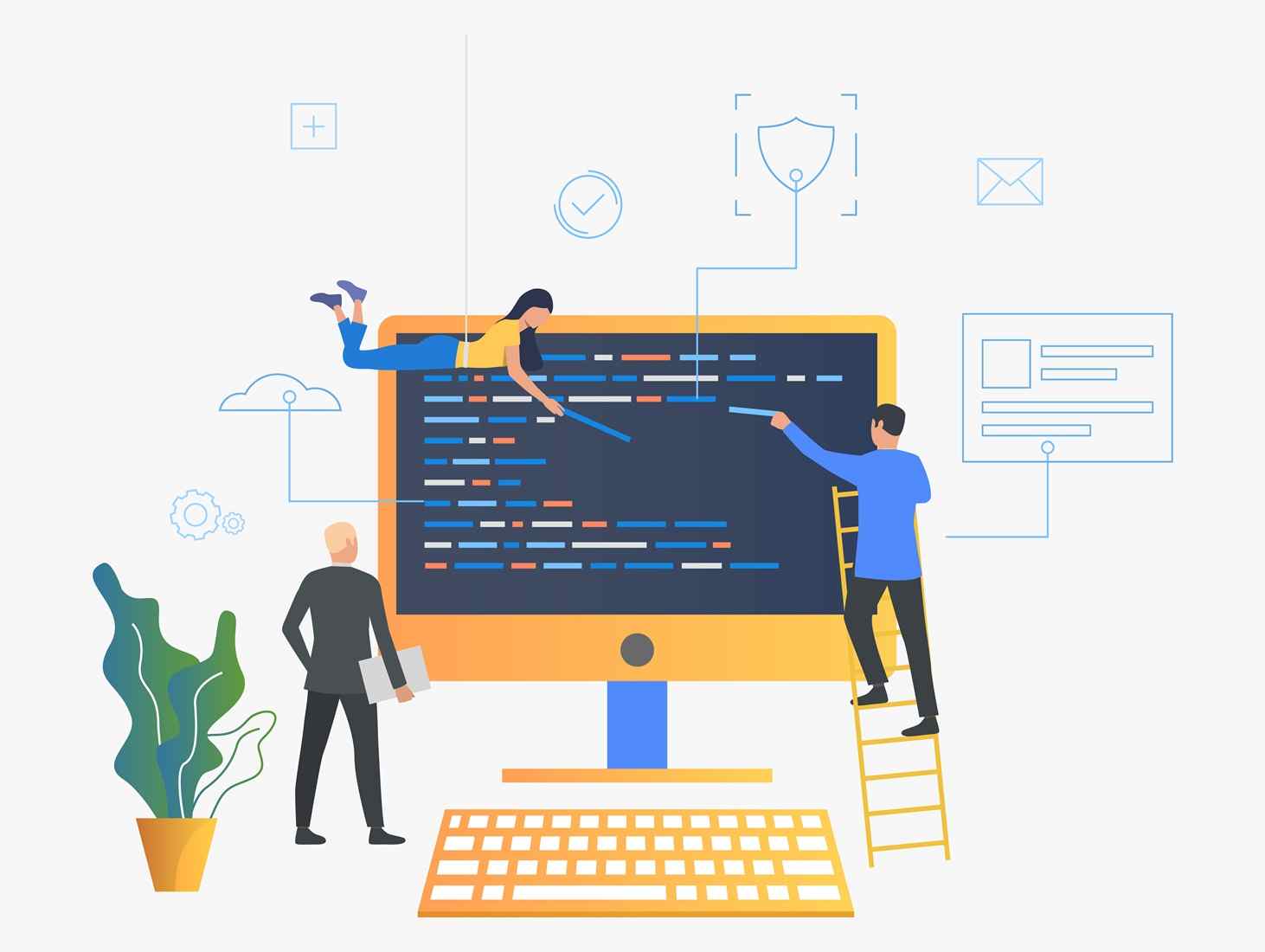In today’s digital landscape, plugins are essential for adding functionality to websites — from SEO optimization and analytics to e-commerce and page builders. However, while plugins empower your site, they also pose a significant security risk if not managed properly.
In this article, we’ll explore why plugin security matters, the most common risks, and actionable tips to keep your website safe.
Why Plugins Are a Security Risk
Plugins are third-party code added to your website. Each one is a potential entry point for attackers. Poorly coded or outdated plugins can expose your site to:
Malware injection
SQL injection attacks
Cross-site scripting (XSS)
Privilege escalation
Backdoor access
According to Wordfence, nearly 90% of WordPress vulnerabilities are plugin-related.
Common Plugin Vulnerabilities
Outdated Plugins
Developers may abandon plugins, leaving them vulnerable to known exploits.
Insecure Coding Practices
Poorly written plugins may lack input sanitization or use outdated libraries.
Too Many Plugins
The more plugins you install, the larger your attack surface. More doesn’t mean better.
Plugins from Untrusted Sources
Free or pirated plugins often contain hidden malware or spyware.
✅ Best Practices for Plugin Security
1. Audit Your Plugins Regularly
Remove any plugins you don’t use.
Consolidate features into fewer, more trusted plugins.
2. Keep Plugins Updated
Enable auto-updates for trusted plugins.
Monitor changelogs for security patches.
3. Vet Plugins Before Installation
Check user reviews and ratings.
Look for active maintenance and recent updates.
Prefer plugins from official repositories (like WordPress.org or reputable vendors).
4. Use Security Plugins
Tools like Wordfence, Sucuri, or iThemes Security can detect vulnerabilities, scan for malware, and block malicious behavior.
5. Restrict Admin Access
Only give plugin installation rights to trusted users.
Use role-based access controls to limit potential misuse.
6. Back Up Regularly
Maintain full site and database backups.
Use automated daily backups with offsite storage options.
Bonus Tips for Developers
If you’re developing your own plugins:
Validate and sanitize all user input.
Use nonces to protect against CSRF attacks.
Follow secure coding standards and regularly audit your code.
Conclusion
Plugins are powerful — but they can also be dangerous if neglected. Just one vulnerable plugin can compromise an entire website. By being proactive with plugin selection, updates, and security tools, you can drastically reduce the risk of cyberattacks.
Remember: In web security, prevention is always cheaper than recovery.

